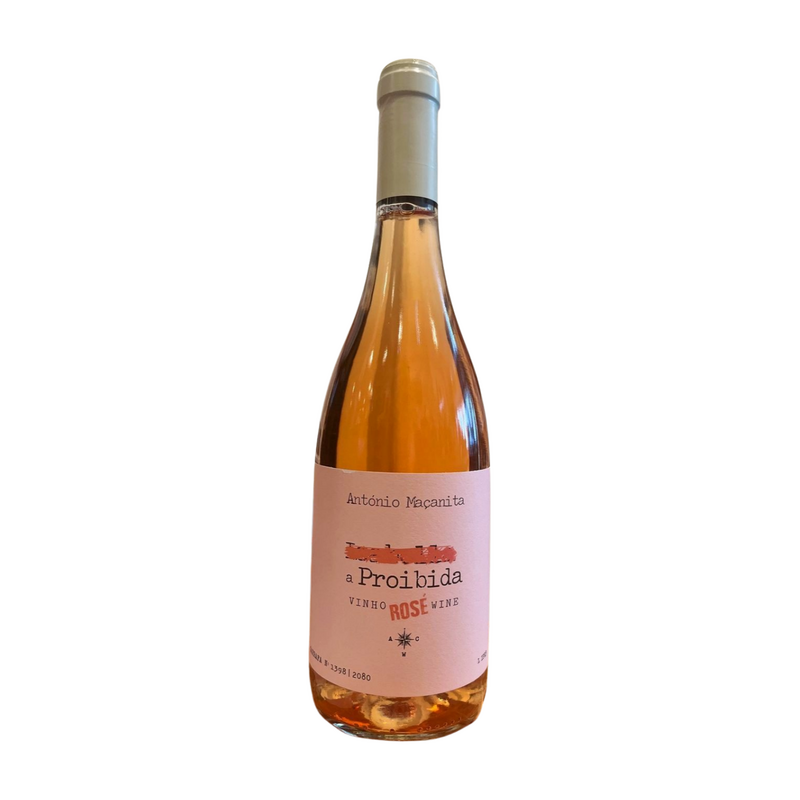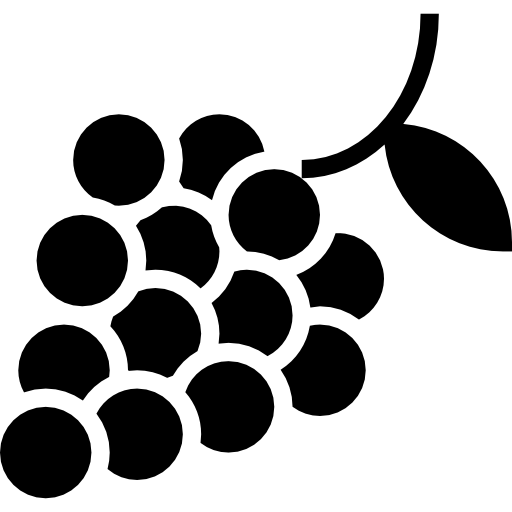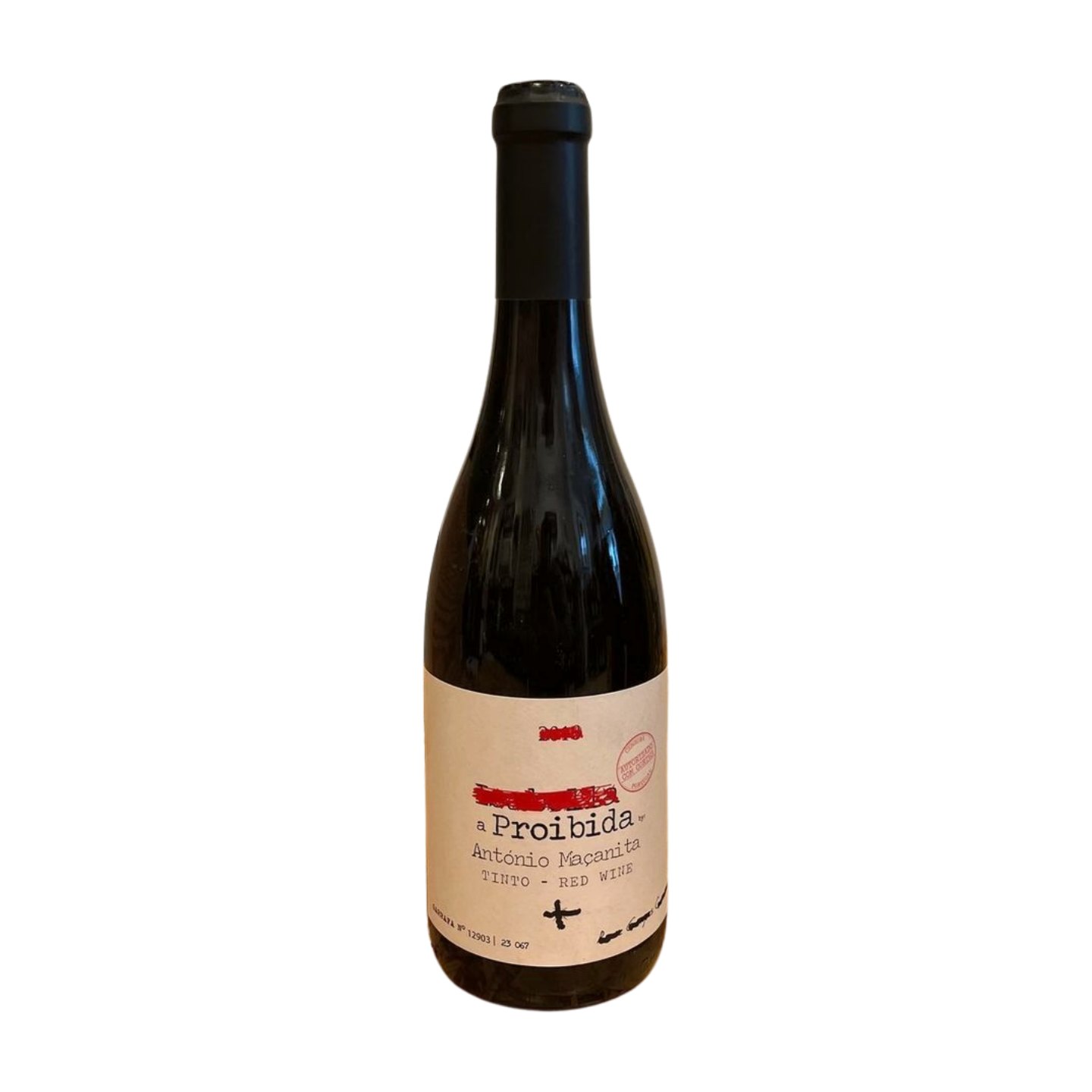The Azores Wine Company's Proibida Rosé, crafted by António Maçanita on Pico Island, is a unique vinous tribute to the Isabella (or Isabel) grape. Once "forbidden," it proved vital to the survival of the Azorean vineyards after the 19th-century phylloxera blight. The wine’s identity is intrinsically linked to the archipelago's extreme, volcanic terroir.
The grapes are sourced from old, mixed vineyards (vinhas velhas de mistura), where the vines are planted directly into the cracked, solid volcanic lagido (lava rock) soils, protected from the relentless salty Atlantic winds by the famous low rock walls known as currais. The wine's singular character is the proximity to the ocean and the mineral-rich volcanic substrate. Winemaking is conducted with minimal intervention, beginning with a selective manual harvest into small baskets and a meticulous selection process on a sorting table. Grapes are gently crushed and delivered to the fermentation vats via gravity, avoiding using pumps. The juice undergoes a brief skin contact of only three to six hours at a low temperature, a saignée method that imparts a delicate color and some texture. The resulting "bleeding" juice is then fermented spontaneously at a controlled cool temperature of around $12^\circ\text{C}$ to preserve its aromatic purity and primary fruit expression. Crucially, the wine sees no oak, instead being aged in stainless steel before bottling, resulting in a lean, authentic expression of this challenging, maritime terroir.
The Proibida Rosé presents a beautiful open salmon color in the glass, hinting at its light maceration. The nose is immediately captivating, offering lifted notes of freshly crushed strawberry and red berries alongside a subtle, creamy richness, perhaps suggesting the influence of the unique Isabella grape. The palate is defined by its super-fresh attack and exhilarating tension, driven by the cool Atlantic climate and the volcanic soils. It exhibits a lean profile with noticeable texture and, most distinctly, a profound, almost aggressive salinity that immediately places it in its island context. The red fruit notes persist, but the wine finishes long and persistently with a clean, mineral, and highly refreshing character, demanding seafood and raw bar pairings. Its low alcohol content emphasizes its bright, elegant, and exceptionally food-friendly structure.








